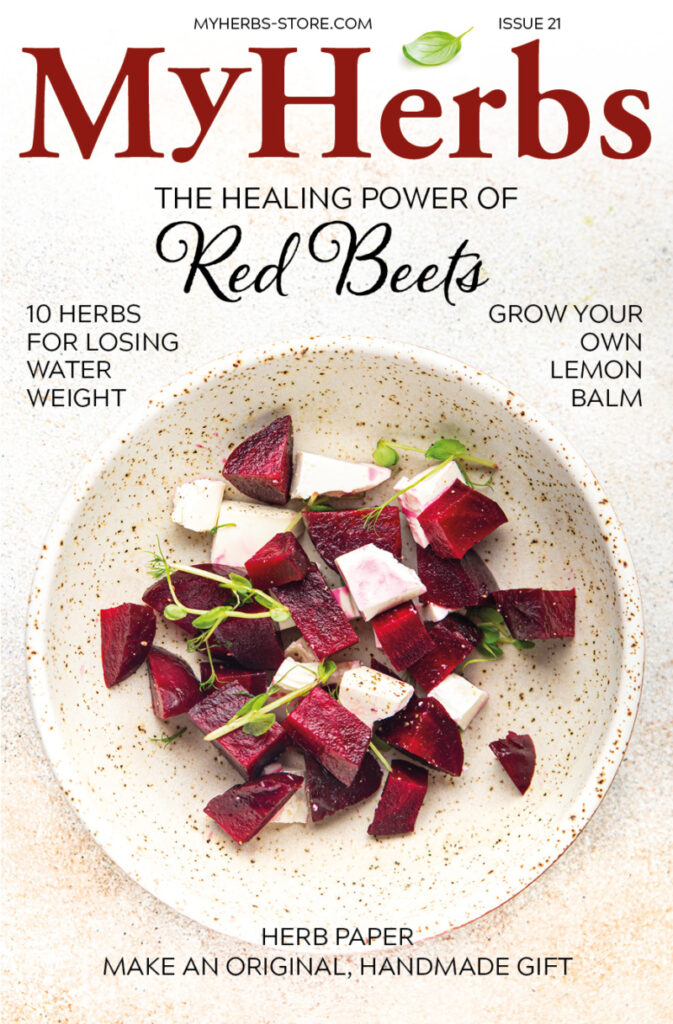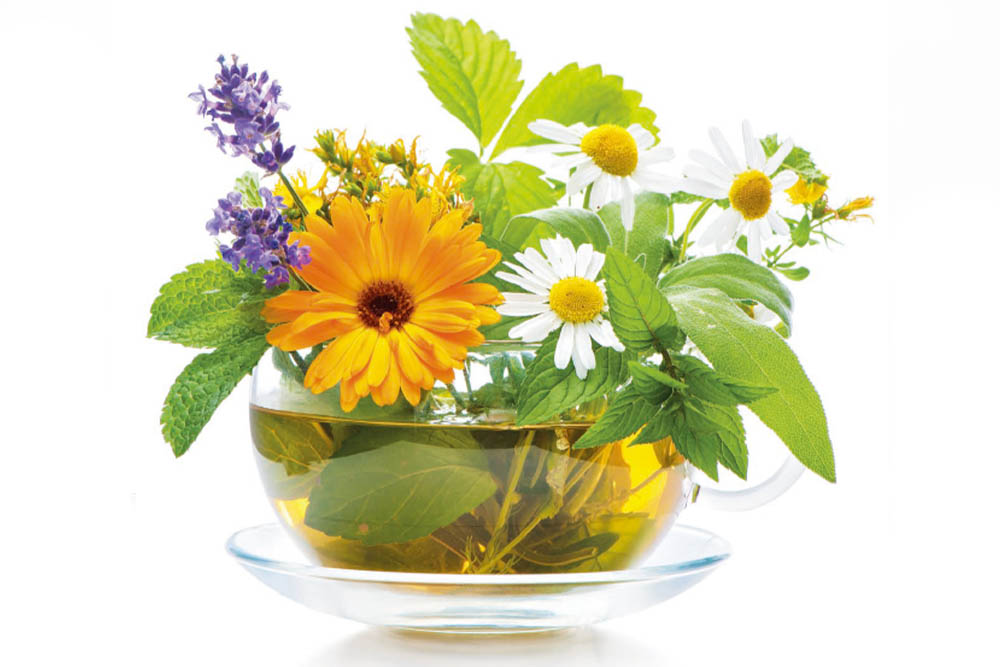Coneflower
It is a magical herb that works quickly and, combined with other herbs, amplifies their effects. Coneflower is antiviral and antibacterial, cleanses the blood, helps wounds regenerate and strengthens the immune system. Furthermore, it speeds up the course of treatment for upper respiratory tract issues, viral infections, tonsillitis or flu. It helps against inflammations of the bladder, the female genitals, the prostate and lymph nodes.
Plantain
This plant is suitable not only in treatments of the upper respiratory tract, but also has a positive effect against inflammations of the throat, sinus, bronchi, oral cavity and the urinary tract. Apart from that, it can also counter digestive system problems – from diarrhea to various ulcers and even Crohn’s disease. Using plantain strengthens the lungs and kidneys and it increases blood quality as it cleanses it well. Plantain is also very useful against various wounds, because it has immense anti-inflammatory effects.
Nettle
Nettle contain lots of minerals and vitamins, and has cleansing, detoxicating and anti-rheumatic properties, while also lowering blood pressure. It is used to treat gout and atherosclerosis, and is antiseptic, antiviral and helps against cough. It lowers blood sugar, making it ideal for diabetics. Furthermore, it improves digestion, gall expulsion and the emptying of the bowels. It is also used in anemia to support blood formation, and also cleanses the blood.
Sage
This amazing herb has disinfectant and anti-inflammatory effects. It helps wounds heal and has a remedial effect on insect bites and fungal infections of the feet. Its beneficial effects can be also used against a sore throat and indigestion, thanks to which it is often used in the kitchen, and is added to various meals.
Lemon balm
This herb has a lemony smell and is a calming plant which counters anxiety, restlessness and insomnia. It is good against heart palpitations and high blood pressure. It can be also used against stomach issues that come from stress – over-acidity, bad digestion and gas. It also helps against migraines, painful menstruation and climacterium problems. Lemon balm is also suitable for children, and the infusion helps relieve cramp pains.
Chamomile
Chamomile is the symbol of the sun, and is added to herbal mixtures against colds or viral infections, because it effectively protects mucous membranes and prevents the growth of bacteria and viruses. It also has a strong and positive effect on digestion and relieves cramps. It is a natural medicine against stomach pains, bowel troubles and menstrual disorders. Chamomile is also on of the herbs suitable for small children, even toddlers, and can be added to their milk to improve digestion.
St. John’s wort
This herb has a wide spectrum of beneficial effects on our health and organism. Since it calms one down and alleviates anxiety, it is great against stress and stomach neuroses. It has antibiotic and anti-inflammatory properties, and helps during climacterium, as it stabilizes women’s hormonal fluctuations. It is good to use the herb long-term, as its effects start to manifest after two weeks at the earliest. But beware! The compounds in it may weaken the effect of some medications and contraception.
Lilac
Lilac blooms are a first-class medicine against colds, as they induce sweating, destroy bacteria and cleanse the phlegm from bronchi. This plant also has diuretic properties and is mildly laxative, which is good against constipation. Lilac fruits are strong antioxidants and greatly support and strengthen the immune system. Moreover, they are anti-inflammatory and decrease cholesterol.
Peppermint
Peppermint is primarily known for its great effects on digestion, as it supports the formation of stomach juices and gall. Using it also helps with gaseousness or loss of appetite. Furthermore, it fortifies the liver, pancreas and gallbladder and, thanks to its effective compounds, it is also anti-inflammatory. It is particularly helpful against colds, insomnia, stress, headaches and migraines. Peppermint is also a natural aphrodisiac, decreases blood pressure and improves heart functioning.
Small-leaved lime
Linden blooms are a well-known medicine against influenza; their main medicinal property is that they induce strong sweating and decrease fevers. They are also excellent in tea mixtures for bronchial disorders and coughs, as it is one of the capacities of linden that it can dissolve phlegm. It also dilutes the blood, which is useful in preventing vein inflammation. It also has a strong effect on nausea, gaseousness and constipation.
Rosemary
It is unique in that, unlike most plants, it can increase blood pressure. At the same time, it calms and alleviates nervous exhaustion, improves blood circulation and does away with the feeling of cold limbs. It also tones veins, the nervous system and has a general strengthening effect on the organism. Rosemary tea has diuretic properties and relieves digestive system cramps.
Marsh-mallow
It is a pretty, pink-blossoming remedial plant, the roots of which are a great help against colds, coughs and bronchial inflammations. It also helps with inflamed mucosa of the digestive and urinal tracts, as it contains many remedial slimes that help flush out pathogenic germs. You should never cook marsh-mallow, nor should you pour boiling water over it, as the heat destroys its most valuable slimes. It is best to use its lukewarm macerate in combination with other herbs in a cold tea.




Leave a Reply